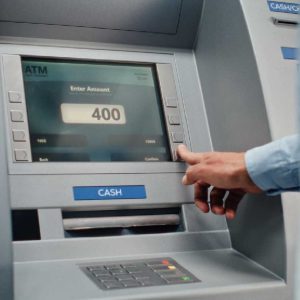The UK Office of Fair Trading is currently conducting a review of banking charges and the legitimacy of current account penalties, which have seen UK banks charging customers up to GBP30 for exceeding their overdraft limit, when it costs them as little as GBP4.50 to handle the service.
According to Which?, banks are resorting to extreme measures to avoid refunding the difference. The watchdog stated instances of banks delaying responses to, or even ignoring, customer letters, as well as customers being offered personal loans or increased overdrafts in place of refunds.
It also reported that when customers had requested the duplicate past statements needed to make a claim, some banks had charged between GBP3 and GBP5 per page, despite the law stipulating that they can only charge a total of GBP10.
Which? personal finance campaigner Doug Taylor accused banks of accruing billions of pounds through years of over-charging customers who exceed their overdraft limit. He commented: In an attempt to avoid paying consumers what they are due, we’ve found that banks are employing increasingly underhand methods to avoid their responsibility to treat their customers fairly and refund the charges.
The British Banking Association (BBA) has, however, refuted the claims, and Angela Knight, chief executive designate of the BBA, accused the watchdog of sensationalizing what could be a useful piece of research. She added: Telling people to refuse to pay any bank fee that may have been taken for unarranged overdrafts is tantamount to asking them to demand free credit.
Mr Taylor urged consumers to continue to make claims against overdraft penalties as thousands of claimants have already been successful. He concluded: It is important that the exposure of these tricks does not put people off reclaiming their charges, though, as that would be playing into the banks’ hands.






